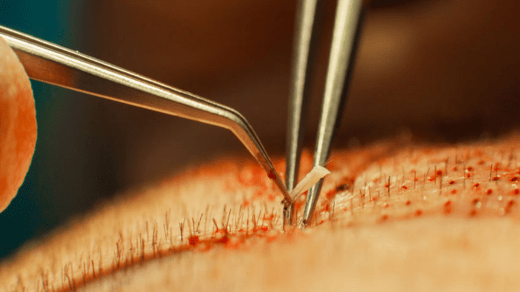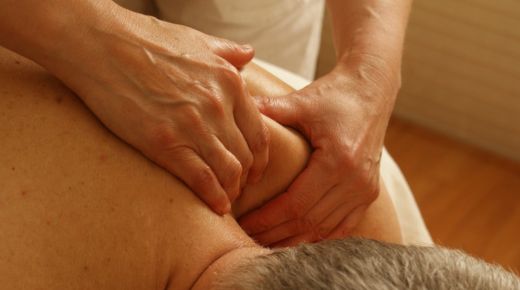Restoring hair with a hair transplant is an adequate answer, but implementing aftercare is vital to enhancing the results. However, if the first few weeks after the procedure are wisely spent, the newly implanted follicles will heal and grow into healthy, permanent hair. However, here is a complete guide on caring for your scalp after transplant and hasten your recovery.
How to Take Care After Hair Transplant
A hair transplant procedure is not as simple as it seems. You need a hair transplant before and after care procedure to ensure it always looks good. Below are some valuable tips.
Follow your surgeon’s instructions
Every hair transplant surgeon supplies your tailor-made aftercare. Adherence to these recommendations will significantly reduce risks and help in healthy regrowth.
- Medication for pain or swelling
- Instructions on scalp cleaning
- Precautions to prevent infections
Protect the transplanted area
Shortly, the first 10–14 days, the newly transplanted follicles are fragile. The follicles must heal and stay out of direct sunlight for at least two to three weeks. To prevent damage:
- Don’t scratch or touch your scalp —doing so can cause grafts.
- For the first 3 nights, try putting your head in a slant of 45 degrees to reduce swelling.
Gentle hair washing
However, it is essential to have proper scalp hygiene, and that must be done gently. Washing your hair vigorously after a hair transplant is not ideal.
- Do not disturb the grafts by washing your hair until 48 hours have passed.
- Avoid sulfate-containing shampoo and use lukewarm water.
- Be gentle over your scalp instead of a shower stream and pour water.
- Never rub or scrub hard, but gently pat with a clean towel.
Avoid strenuous activities
The period should be free from intense physical activities for two weeks or more. Sweat and friction can irritate the scalp and increase the likelihood of infection, so it’s best to cut back until your doctor tells you to.
- Heavy lifting
- Running or cycling
- Excessive bending over
- Any activity that causes sweating
Maintain a nutrient-rich diet
A healthy diet promotes hair growth and recovery. Eating junk food doesn’t only affect your vital organs, but it could affect your hair development.
- Give hair follicle proteins like chicken, eggs, and fish.
- Take iron and zinc (spinach, nuts, lentils) to promote scalp health.
- Vitamin C and E (citrus fruits, avocados, nuts) for tissue repair.
- Omega-3 fatty acids (salmon, flaxseeds) are used to reduce inflammation.
Avoid smoking and alcohol
Smoking and alcohol lessen blood circulation. Thus, it is less healing. This implies if you smoke or drink and cut yourself, it means you haven’t healed as quickly as someone else who’s not smoking or drinking. Avoid them for at least 2–4 weeks to allow proper recovery.
Don’t be in a hurry during the shedding phase
Transplanted hairs usually fall out 2 – 4 weeks after transplanting—that is normal and part of the normal cycle. Hair regrowth takes 3–4 months, and full results 9–12 months.
Conclusion
Aftercare is very important for the most enormous success of hair transplants. These tips will make recovery easy and give you strong, healthy hair growth.




